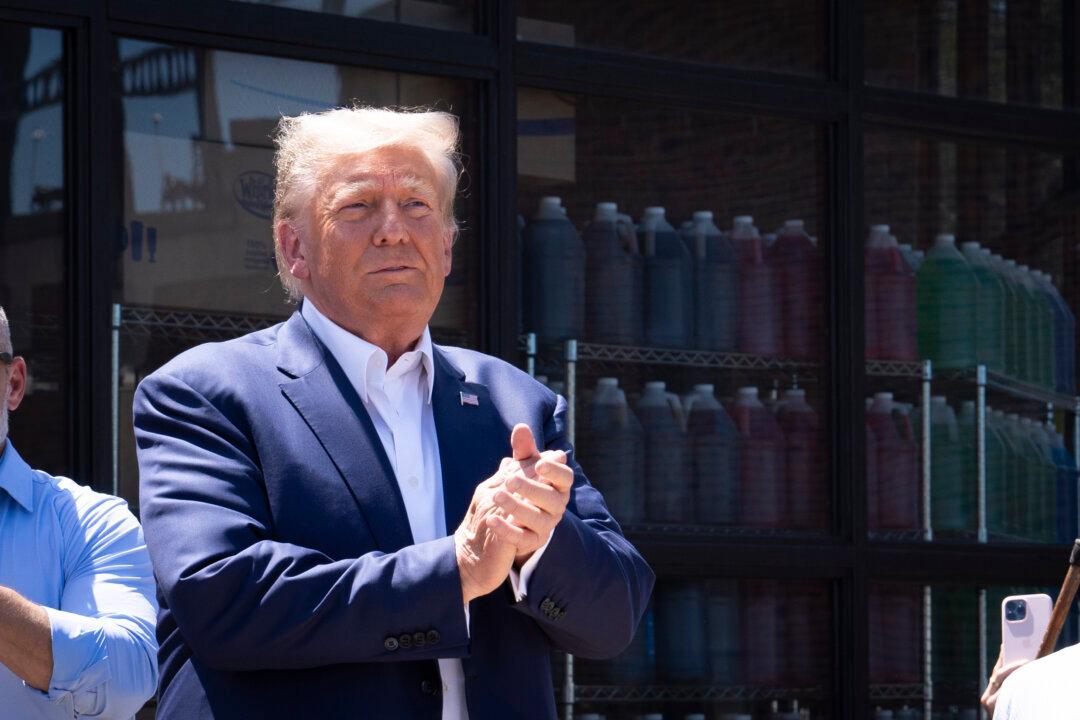U.S. District Judge Aileen Cannon canceled a scheduled Aug. 25 hearing and ordered a sealed hearing on a request for a protective order under the Classified Information Protection Act (CIPA) in a case the U.S. Department of Justice (DOJ) brought in Florida against former President Donald Trump, his aide Waltine Nauta, and his Mar-a-Lago property manager, Carlos De Oliveira, for allegedly mishandling classified documents. All three have pleaded not guilty.
The hearing “will take place at a designated time and place to discuss sensitive, security-related issues concerning classified discovery,” she wrote in the Aug. 17 order.





